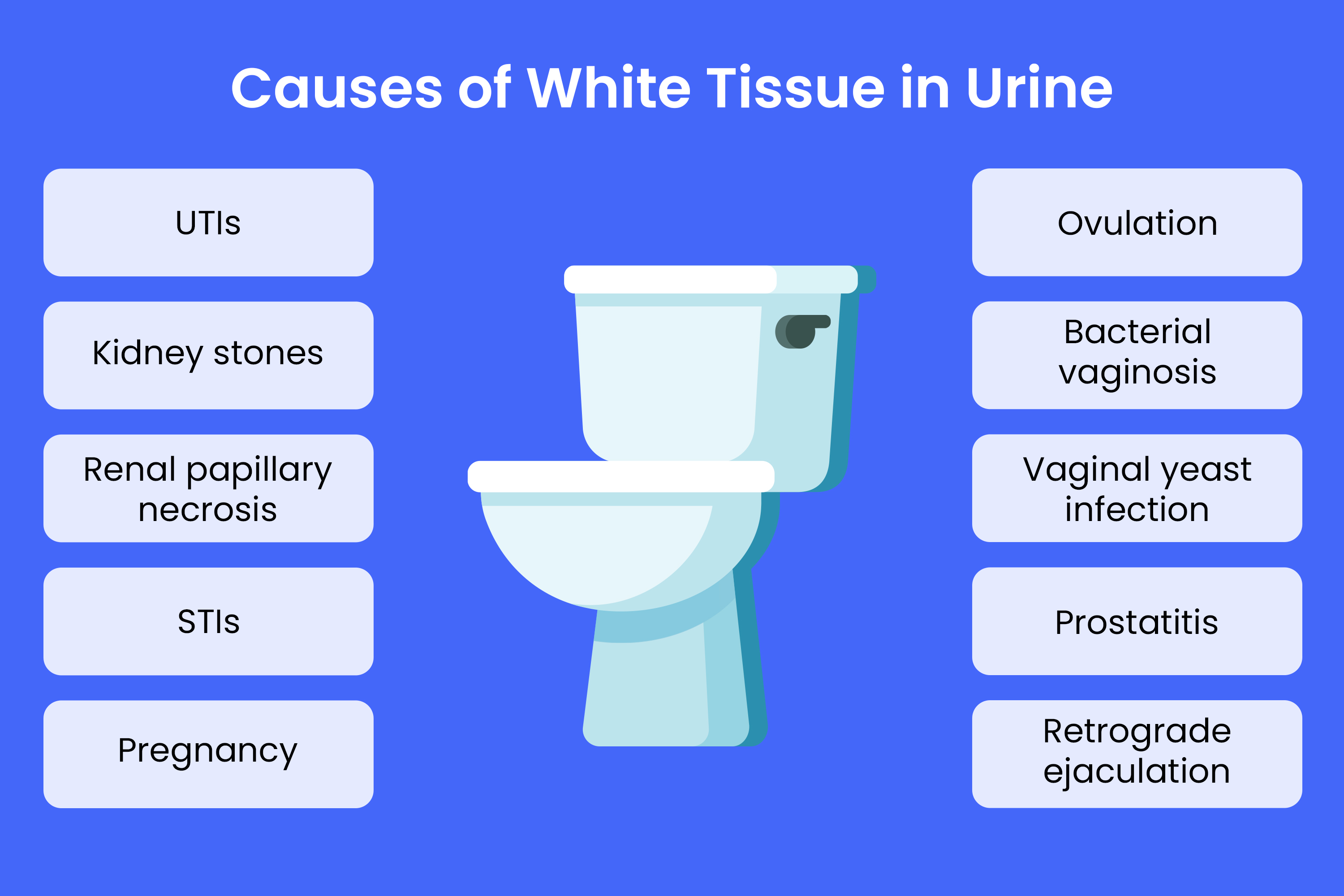Contrasting Kidney Stones vs UTI: What You Required to Find Out About Their Impact on Health
Contrasting Kidney Stones vs UTI: What You Required to Find Out About Their Impact on Health
Blog Article
Exploring the Manifestations and Causes of Kidney Stones in Contrast to Urinary System System Infections: An In-depth Overview
The expedition of kidney stones and urinary system infections (UTIs) exposes an intricate interplay of signs and underlying reasons that warrant mindful exam. What are the vital differences in their signs, and just how might these notify treatment strategies?
Summary of Kidney Stones
Kidney rocks, likewise called renal calculi, kind when certain materials in the pee crystallize and aggregate, resulting in the development of difficult deposits within the kidneys. These rocks can differ in dimension, varying from a grain of sand to a golf sphere, and can be made up of numerous materials, the most common being calcium oxalate, uric acid, struvite, and cystine. The development of kidney rocks is influenced by numerous elements, consisting of dietary routines, fluid consumption, and hereditary tendency.
Signs of kidney rocks may consist of serious discomfort in the back or side, blood in the pee, nausea or vomiting, and regular urination, particularly as the stone moves through the urinary system tract. Medical diagnosis typically entails imaging researches such as ultrasound or CT scans, together with urinalysis to determine the stone's make-up.
Treatment options differ based on the dimension and kind of stone, along with the intensity of signs (Kidney Stones vs UTI). Small rocks may pass normally with boosted fluid consumption, while larger rocks may call for medical interventions such as lithotripsy or medical elimination. Understanding the pathophysiology and threat aspects associated with kidney rocks is vital for effective avoidance and management
Review of Urinary Tract Infections
Urinary system infections (UTIs) are usual microbial infections that affect any type of component of the urinary system, consisting of the kidneys, ureters, bladder, and urethra. They predominantly happen when microorganisms, frequently from the intestinal system, get in the urinary system, leading to inflammation and infection.
The prevalence of UTIs is significantly greater in females than males, primarily because of physiological distinctions, such as a much shorter urethra. Threat factors include sexual activity, specific contraceptive techniques, urinary system retention, and dehydration. The medical diagnosis of UTIs is usually validated via urine tests, which may reveal the presence of bacteria, white blood cells, or red blood cells.

Symptoms of Kidney Stones
The pain related to kidney stones can manifest in numerous methods, commonly leading individuals to seek medical attention. One of one of the most usual signs is severe pain, generally local in the reduced back or side, which may emit to the abdominal area or groin. This discomfort, often referred to as sharp or cramping, can happen suddenly and might rise and fall in strength.
Furthermore, individuals might experience hematuria, or blood in the urine, which can range from tiny amounts to visible staining. This signs and symptom may be come with by modifications in urinary system habits, such as enhanced regularity or seriousness, as well as discomfort throughout urination. Nausea and vomiting are additionally widespread, usually arising from the body's reaction to intense discomfort.
In some instances, individuals may experience high redirected here temperature and cools, specifically if a secondary infection develops as a result of the obstruction brought on by the rocks. Generally, the mix of serious pain, hematuria, altered urinary system patterns, and intestinal symptoms can supply significant understanding right into the existence of kidney stones, requiring punctual clinical evaluation and treatment. Recognizing these signs and symptoms is important for prompt diagnosis and effective administration of the condition.
Symptoms of Urinary System Infections
Infections within the urinary tract frequently present a variety of distinct symptoms that can considerably impact life. One of the most typical symptoms include a consistent desire to urinate, commonly come with by a burning experience throughout peeing, recognized as dysuria. People might likewise experience boosted frequency of urination, producing percentages of urine each time.
Various other remarkable signs and symptoms consist of over cast or smelly urine, which may show the visibility of microorganisms or pus. In many cases, urine might appear pink or red because of the visibility of blood, a condition referred to as hematuria. Furthermore, people may experience pelvic pain or pressure, which can additionally exacerbate the feeling of necessity.
Systemic signs might also materialize, such as high temperature, chills, and exhaustion, particularly if the infection has risen to the kidneys. It is crucial to acknowledge these symptoms early, as untreated urinary system tract infections can lead to extra extreme complications. Kidney Stones vs UTI. Motivate medical attention is more information suggested when these signs are observed, permitting proper diagnostic analysis and treatment to alleviate pain and prevent more health and wellness problems
Reasons For Each Problem
Frequently, kidney rocks and urinary system infections arise from unique yet sometimes overlapping reasons that can affect people differently. Kidney stones typically develop because of metabolic factors, dietary selections, and genetic tendencies. Increased levels of calcium, oxalate, or uric acid in the pee can lead to rock development. Dehydration, insufficient liquid consumption, and high-sodium diets can worsen these conditions, advertising crystallization within the urinary system.

Recognizing these distinct reasons is critical for avoidance and treatment. Kidney Stones vs UTI. While lifestyle modifications might minimize the danger of kidney stones, appropriate health and punctual therapy of urinary system infections are necessary for lowering their reappearance and associated difficulties
Conclusion
In recap, kidney stones and urinary system infections existing unique symptoms and underlying reasons. Kidney stones are identified by extreme pain and metabolic factors, while urinary system tract infections primarily entail bacterial infections leading to urinary system seriousness and pain. Although both problems can result in hematuria, their development systems vary substantially. Comprehending these distinctions is critical for efficient diagnosis and therapy, ultimately enhancing patient end results for those affected by either problem.
The expedition of kidney rocks and urinary system infections (UTIs) discloses a complex interaction of signs and symptoms and underlying causes that call for careful assessment.Urinary system tract infections (UTIs) are typical microbial infections that affect any type of component of the urinary system, consisting of the kidneys, ureters, bladder, and urethra.Frequently, kidney stones and urinary tract infections arise from distinctive yet occasionally overlapping reasons that can impact individuals in a different way.In summary, kidney stones and urinary system system infections existing unique symptoms and underlying reasons. Kidney rocks are defined by severe discomfort and metabolic aspects, while urinary system system infections largely involve bacterial infections leading to he said urinary system necessity and pain.
Report this page